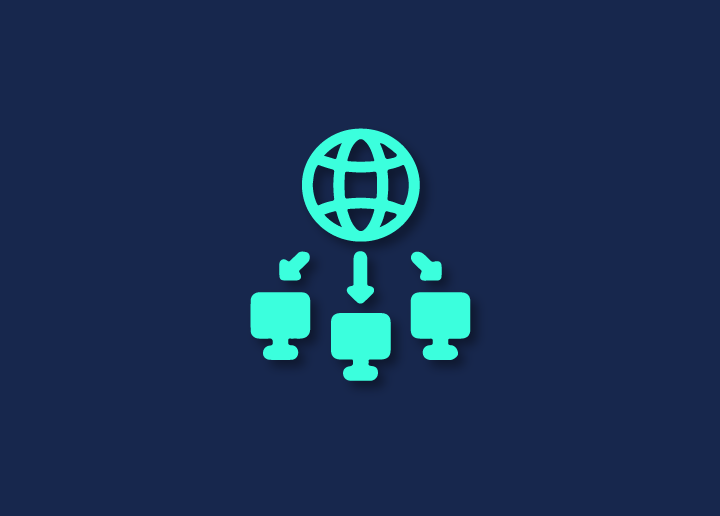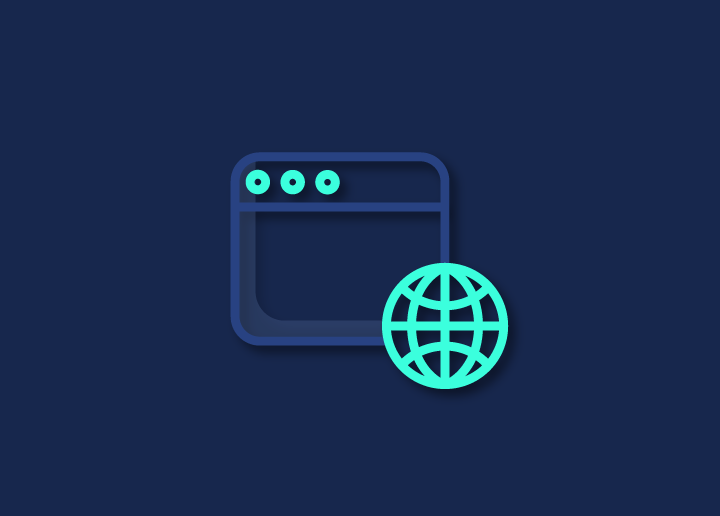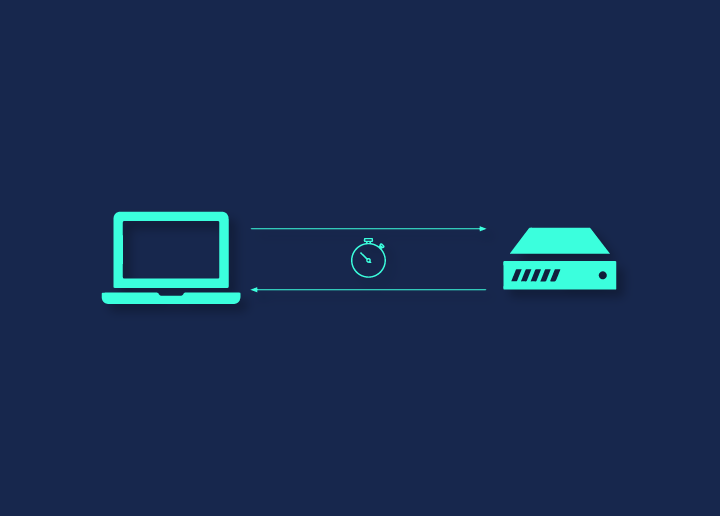A CDN is a global network of servers that store cached copies of data, websites, and other content in different physical locations worldwide. They provide high-performance delivery of online content and help to speed loading times for webpages from any device with an internet connection.
How does it work?
A CDN is a network of servers used to deliver content to users. The content is typically delivered from the server closest to the user’s location. This helps improve the website performance or application by reducing the time it takes for the content to be delivered.
CDNs can deliver various content, including text, images, videos, and applications. They can also improve the performance of websites by caching static content and delivering it from a nearby server.
How to use a CDN?
A content delivery network (CDN) is a system of distributed servers that deliver pages and other web content to a user based on the geographic locations of the user, the origin of the web page, and the content delivery server.
A CDN improves performance and reduces bandwidth costs for website owners. When a user requests a web page, the CDN will route the request to the nearest edge server. The edge server will then fetch the requested content from the origin server and return it to the user.
To use a CDN, website owners must configure their DNS records to point to the CDN’s servers. They can then upload their static content (e.g., HTML, CSS, images, JavaScript) to the CDN, which will replicate it across its edge servers. The CDN will then serve this content to users who request it.
The benefits of using a CDN
A content delivery network, or “CDN,” is a powerful tool for loading websites faster. CDNs work by caching your website’s static content (like images and videos) on servers worldwide. When a user tries to access your website, the CDN will serve up the content from the nearest server, resulting in faster load times.
There are many benefits of using a CDN, including the following:
-Improved WordPress website performance: CDNs can help improve your website’s performance by reducing the latency of loading pages and resources.
–Reduced bandwidth costs: By serving cached content from a CDN instead of your web server, you can reduce your bandwidth costs.
-Increased security: CDNs can help protect your website against attacks by distributing traffic across multiple servers.
-Improved SEO: Faster loading pages can help improve your website’s search engine ranking.
A CDN is worth considering if you’re looking for ways to speed up your website.
Conclusion
A Content Delivery Network, or CDN, is a group of servers that work together to deliver content to users. By using a CDN, businesses can improve their website’s performance and availability while reducing costs. CDNs are an essential part of the modern internet and play a vital role in delivering content to users worldwide.
If you want to improve your website’s performance, contact us today!


















